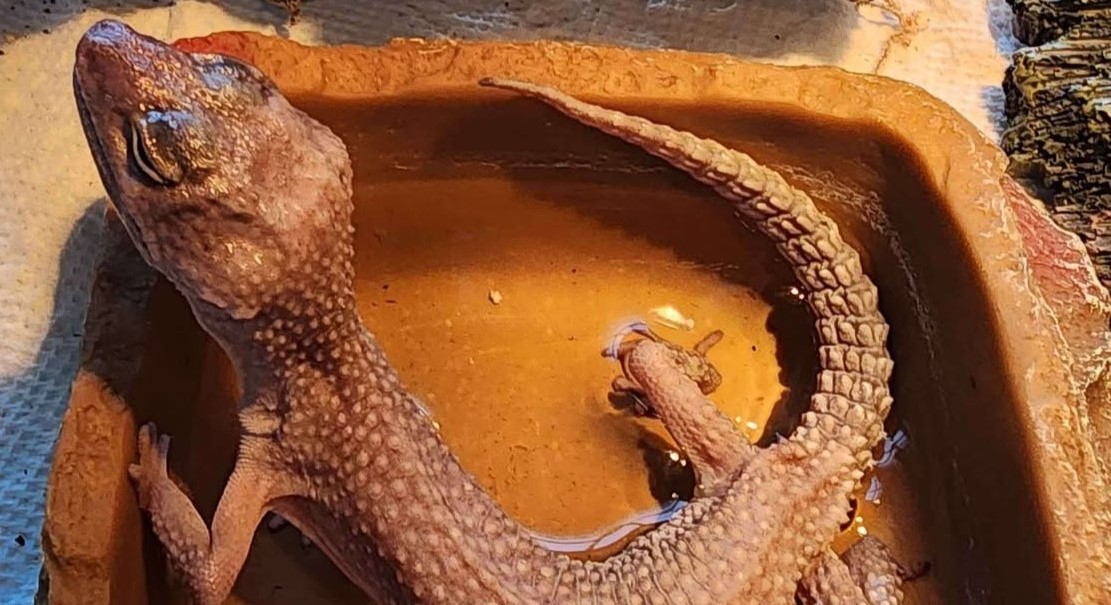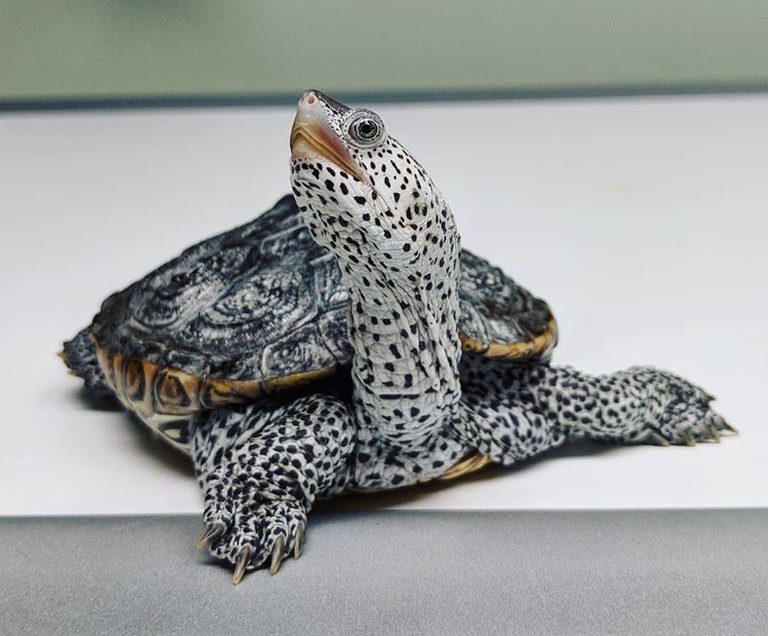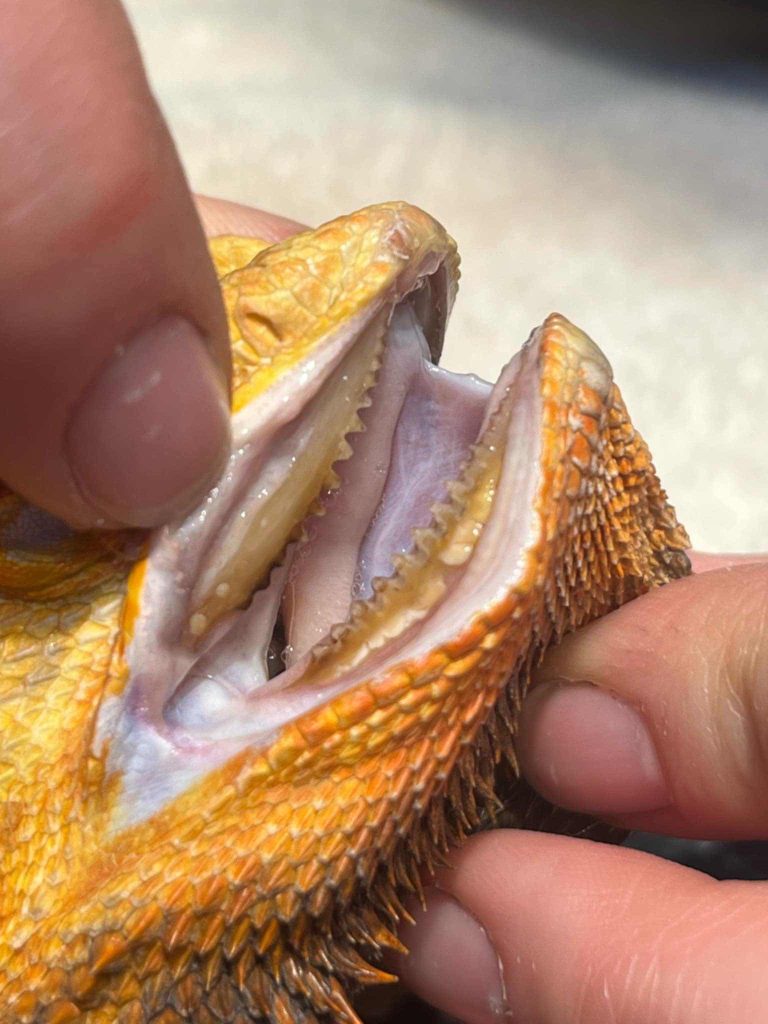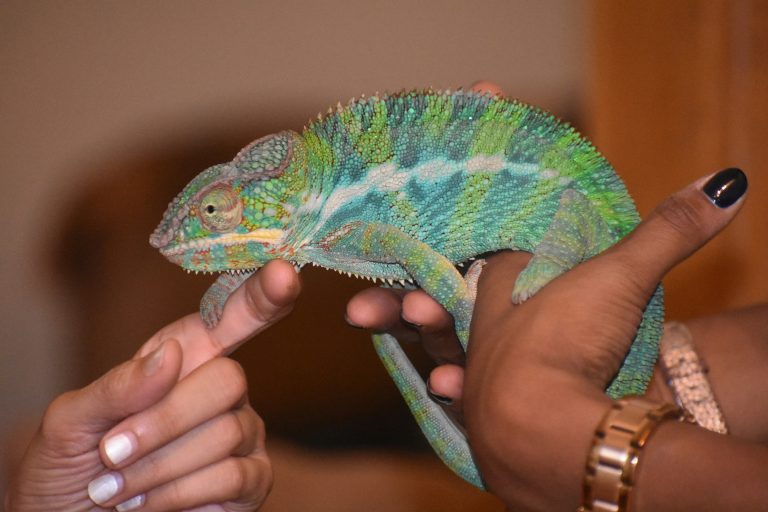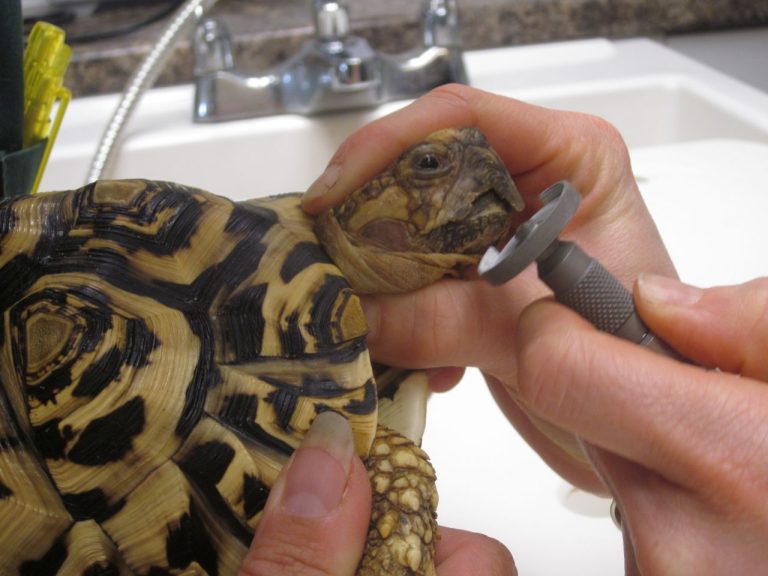The Most Common Killer of Leopard Geckos- Vitamin A Deficiency: Signs, Causes, and Solutions
Vitamin A is a crucial nutrient for all reptiles, including leopard geckos. It plays an essential role in maintaining healthy vision, skin, immune system function, and overall growth. Like other reptiles, leopard geckos depend on a balanced diet and proper supplementation to meet their nutritional needs. Unfortunately, vitamin A deficiency is a common issue that can lead to serious health problems when left unchecked. In this blog, we’ll explore how to catch signs of vitamin A deficiency early and what happens when it is prolonged over time.
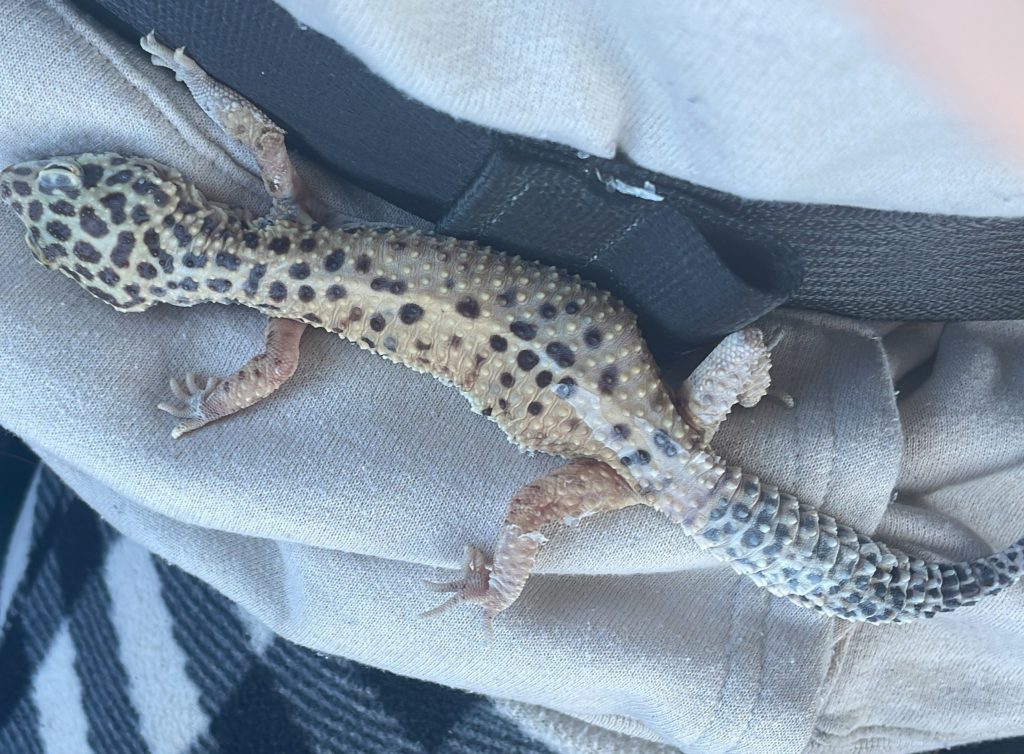
The Importance of Vitamin A for Leopard Geckos
Vitamin A (retinol) is a fat-soluble vitamin that helps maintain the health of the skin, eyes, and mucous membranes. It also supports the immune system, enabling your gecko to fight off infections more effectively. This vitamin is essential for the development and maintenance of healthy vision, as it is a key component of rhodopsin, a protein involved in vision in low-light conditions.
Leopard geckos, being insectivores, typically obtain vitamin A from their diet, which consists of insects that are rich in this essential nutrient. However, when there is a deficiency in their diet or an imbalance in supplementation, it can lead to significant health problems.
Early Signs of Vitamin A Deficiency
Recognizing the signs of vitamin A deficiency early is crucial to preventing long-term damage. Here are some common early warning signs to watch for:
- Lethargy and Reduced Activity
A lack of vitamin A can cause your leopard gecko to become more lethargic than usual. They may spend more time hiding or show little interest in exploring or eating. - Changes in Skin and Shedding Problems
Vitamin A is vital for healthy skin and shedding. A deficiency can lead to rough, dry, or flaky skin. You may notice incomplete or retained shed, particularly around the eyes, tail, and toes. In severe cases, the skin may become wrinkled or overly dry. - Eye Issues and Impaired Vision
One of the most noticeable signs of vitamin A deficiency is changes in your gecko’s eyes. These may appear dull, cloudy, or even swollen (I.e., blepharitis). In extreme cases, your leopard gecko may develop “bubble eyes,” where the eyes become overly inflamed or swollen, which can lead to permanent vision damage if untreated. You may be able to see mucus or solid debris in the eye. Your gecko might start squinting much more often to soothe their eyes. - Poor Appetite or Weight Loss
A decrease in appetite is another potential sign of vitamin A deficiency. Since vitamin A is involved in overall metabolic function, a gecko lacking this nutrient may lose interest in food and become underweight over time. - Respiratory Infections
Vitamin A plays a role in maintaining the mucous membranes in the respiratory system. Without sufficient vitamin A, your leopard gecko may be more susceptible to respiratory infections. You might notice signs like wheezing, nasal discharge, or labored breathing.
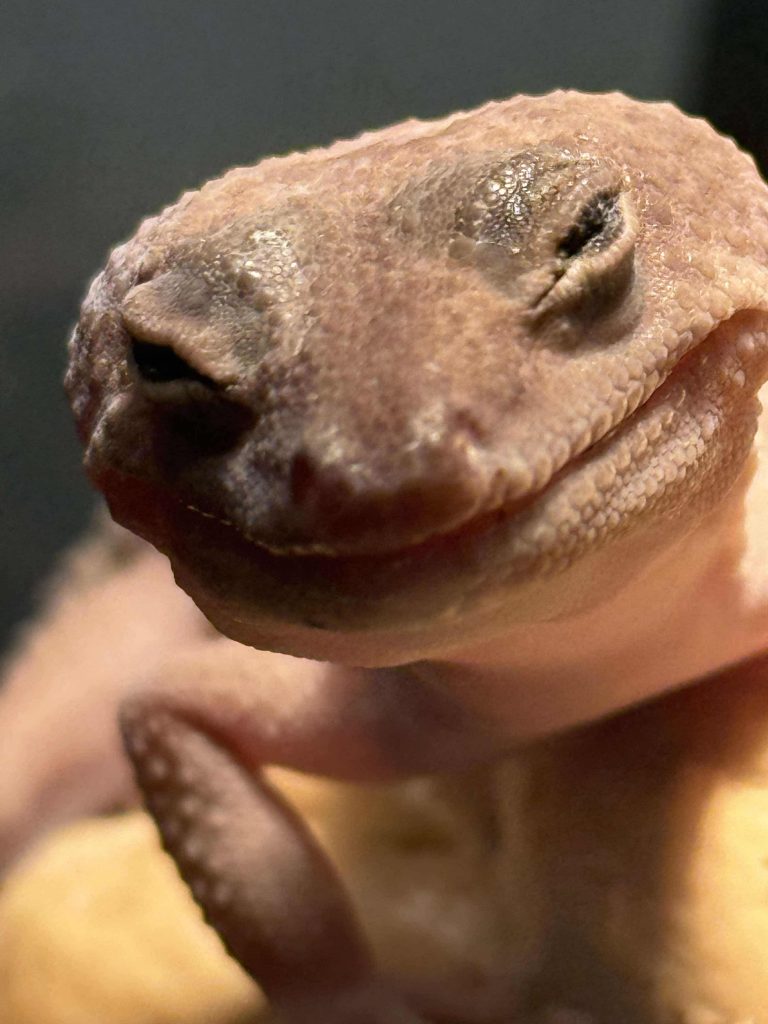
Prolonged Vitamin A Deficiency: Serious Consequences
If left untreated, vitamin A deficiency can lead to serious, sometimes irreversible, health issues in leopard geckos. Some of the consequences of prolonged deficiency include:
- Permanent Vision Loss
As vitamin A is critical for proper eye health and vision, a severe and prolonged deficiency can lead to permanent blindness or significant vision impairment. This is especially concerning for leopard geckos, as their reliance on vision to catch prey makes this a life-threatening issue. - Impaired Immune System
A lack of vitamin A weakens the immune system, making your gecko more vulnerable to infections. This includes both bacterial and fungal infections, which can quickly escalate into severe health conditions if not addressed. - Metabolic Problems and Growth Retardation
Vitamin A is involved in regulating cell growth and division. Deficiency can result in stunted growth, poor bone development, and metabolic issues that affect your gecko’s ability to maintain a healthy weight and thrive. - Skin Infections and Scarring
With chronic vitamin A deficiency, skin becomes increasingly fragile and more prone to infections. The inability to shed properly, combined with dry, cracked skin, can create openings for bacteria to invade, leading to infections that can worsen over time.
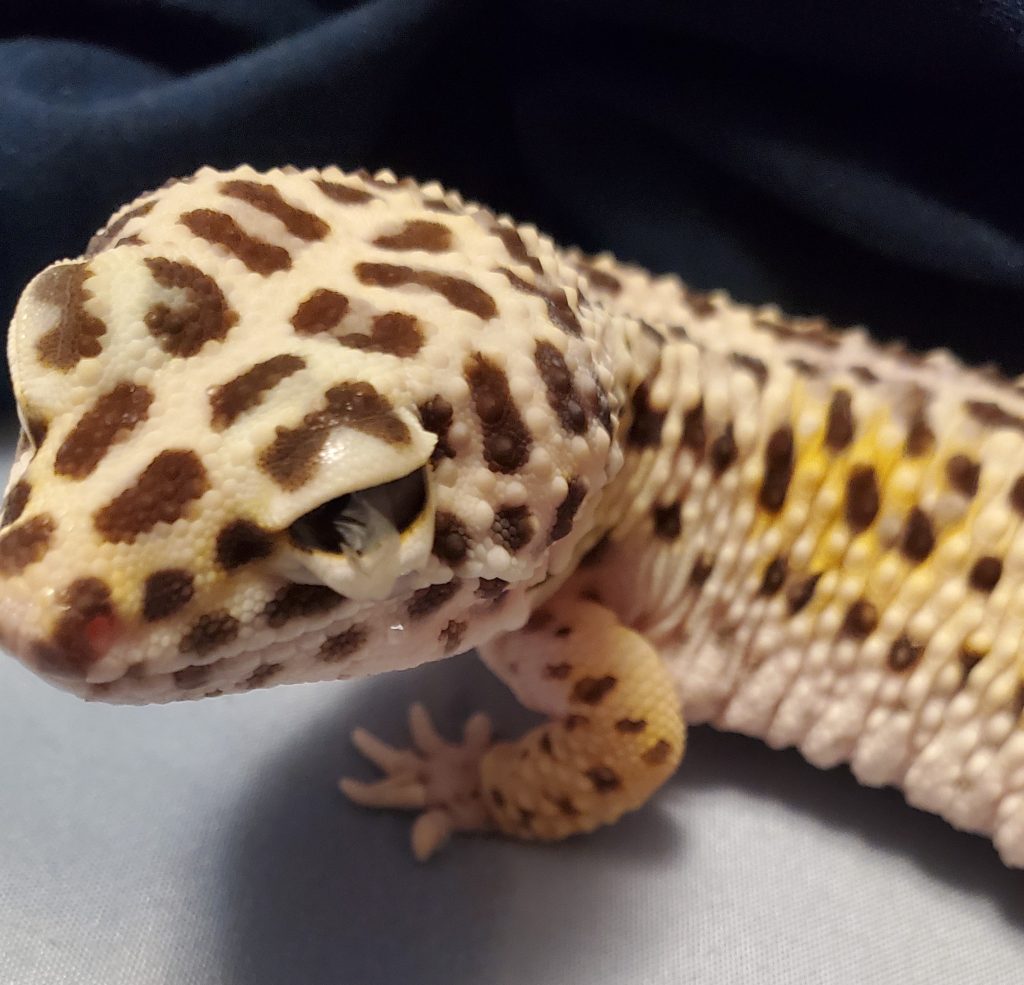
Preventing and Treating Vitamin A Deficiency
The good news is that vitamin A deficiency in leopard geckos is preventable and treatable with proper care. Here’s how you can keep your gecko healthy:
- Balanced Diet
Ensure that your leopard gecko’s diet is rich in insects like crickets, mealworms, small hornworms, small silkworms, black solider fly larvae, and dubia roaches. Gut-loading your feeder insects with vitamin A-rich foods such as dark leafy greens or orange vegetables (carrots, squash) can also help ensure your gecko is getting the nutrients it needs. - Supplementation
If you’re concerned that your gecko may not be receiving enough vitamin A from their diet alone, supplementation is an excellent option. Use a high-quality reptile vitamin powder that includes vitamin A and dust your gecko’s prey items every 1–2 feedings. However, be cautious not to over-supplement, as excessive vitamin A can also be harmful. - UVB Lighting
While leopard geckos do not require as much UVB exposure as some other reptiles, it’s still important to provide them with proper lighting to support their overall health. UVB helps with calcium absorption and can indirectly benefit other nutrient processes. - Veterinary Care
If you suspect your leopard gecko is suffering from a vitamin A deficiency, seek professional veterinary care. A vet can diagnose the condition and, if necessary, provide injections or oral supplements of vitamin A to correct the deficiency. - Interim Treatments
Sometimes, leopard geckos with severe vitamin A deficiency or other eye-related issues may require eye rinsing to remove debris and clear up any infection. In cases where excess skin or retained shed affects the eyes, removal under anesthesia may be necessary. Additionally, your vet may prescribe antibiotic or anti-inflammatory oral medications and eye drops to combat infection and reduce inflammation. Lubricating eye drops can help with dryness or irritation, and supportive care, such as administering fluids or force-feeding with Repashy’s Grub Pie, may be needed to ensure the gecko stays hydrated and nourished while recovering.
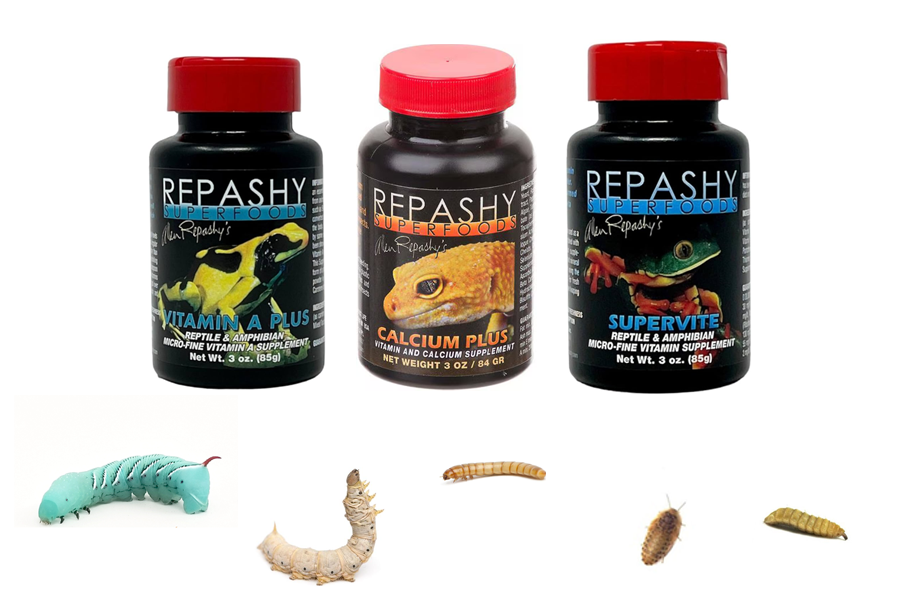
Conclusion
Vitamin A deficiency is a serious concern for leopard geckos, but with early detection and proper care, it can be effectively managed and prevented. By observing your gecko’s behavior and physical health, you can catch the signs of deficiency early and take action before any long-term damage occurs. A balanced diet, proper supplementation, and appropriate care are key to ensuring your leopard gecko remains healthy and vibrant. Always stay vigilant, and don’t hesitate to consult with a reptile-savvy veterinarian if you suspect something might be wrong.
If you need guidance on caring for your leopard gecko, assistance with finding a qualified reptile vet, or if you’re considering surrendering your animal, A Shedding Chance Reptile Rescue is here to help. We provide resources and support to ensure your pet receives the care it needs, whether it’s medical advice or finding a suitable home. If you need to surrender your gecko, please submit a surrender form or reach out to us directly by emailing asheddingchance@gmail.com. We’re committed to providing the help and care reptiles deserve.

